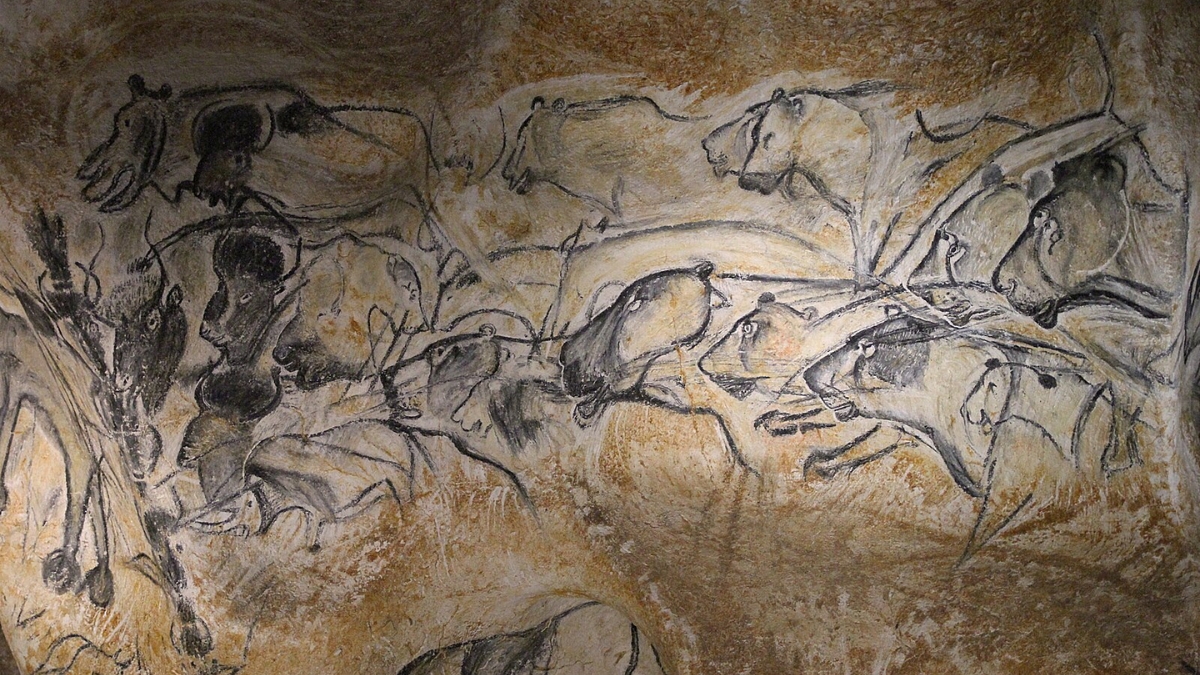Early Humans Were in Europe Way Earlier Than We Thought, New Research Suggests

Researchers have found proof that early humans were in Europe far earlier than anyone believed before. Bones discovered at a site in Grăunceanu, Romania, show marks made by stone tools, which means these humans were cutting meat almost 2 million years ago.
This changes what we know about when and how early humans spread into Europe and Asia. Led by Dr. Sabrina Curran from Ohio University and supported by a team including Dr. Alexandru Petculescu of Romania’s “Emil Racoviţă” Institute of Speleology and Dr. Claire Terhune of the University of Arkansas, the group found these bones during a re-examination of old fossil collections.
Many of the bones had been sitting in storage for decades and were overlooked until now. One of the big surprises? These discoveries predate the famous Dmanisi site in Georgia by around 200,000 years.
Dmanisi was considered the earliest evidence of humans outside Africa, but this new find in Romania suggests humans may have started spreading across the world earlier than we thought.
The cut marks on the bones are especially interesting because they show early humans were using tools to butcher animals. Dr. Curran explained that these marks offer rare evidence of what early humans were doing, giving us a glimpse into their behavior.
The team’s findings don’t just focus on the bones. They also studied the environment of Romania at that time.
Using advanced dating techniques and isotope analysis, they found that the region would have had seasons similar to today, but with more rainfall. Fossils of saber-toothed cats, giraffes, and an extinct pangolin were also found, showing how diverse the ecosystem was.
Dr. Curran and her team believe these discoveries reveal that early humans were much more flexible and adaptable than previously thought. They weren’t just surviving—they were thriving in different environments. This research shows us how little we know about the earliest chapters of human history and how much more there is to uncover.
The results were published in Nature Communications and will also be presented at the American Association of Biological Anthropologists conference in March 2025.
Have something to add? Let us know in the comments below!
